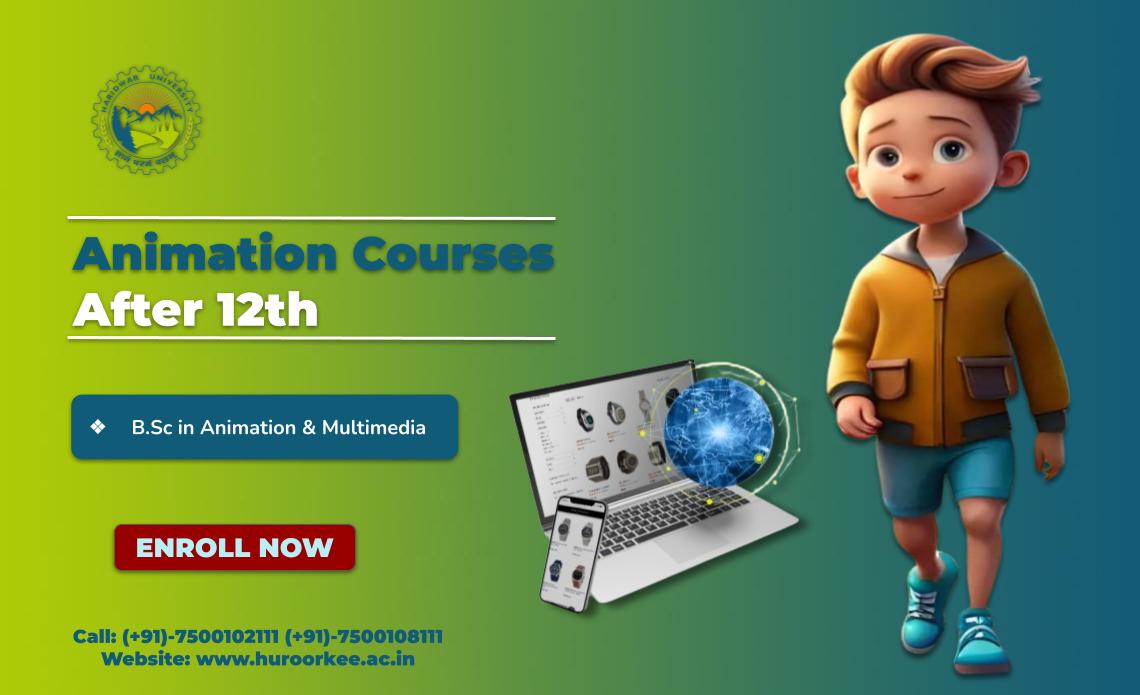Deciding what to do after 12th is a big decision, and it’s great that you’re starting to explore your options! To give you the best advice, I need some more information about your interests, skills, and aspirations. After completing 12th grade, many students experience confusion about what to do next for several reasons:
Confuse Student After 12th What To Do?

- Multiple Options: There are numerous career paths available after completing high school, including pursuing higher education, vocational training, entering the workforce, or taking a gap year. The abundance of choices can be overwhelming.
- Lack of Clarity: Some students may not have a clear understanding of their interests, strengths, or career goals, making it challenging to decide on a suitable path.
- Pressure: Students may feel pressure from family, peers, or society to make a decision quickly, which can lead to anxiety and indecision.
- Limited Information: Many students may not have access to adequate information about various career options, educational pathways, or job market trends, making it difficult to make an informed decision.
- Fear of Failure: The fear of making the wrong choice or failing in their chosen path can paralyze students, causing them to procrastinate or avoid making a decision altogether.
- Financial Considerations: Financial constraints can also influence decision-making, as some options may require significant investments in terms of tuition fees, living expenses, or training costs.
To Address This Confusion, Students Can Take Several Steps:
- Self-Assessment: Reflect on your interests, values, strengths, and weaknesses to gain clarity about your career preferences.
- Research: Explore different career options, educational programs, and job prospects to gather relevant information.
- Seek Guidance: Consult with career counselors, teachers, mentors, or professionals in various fields to gain insights and advice.
- Gain Experience: Consider internships, part-time jobs, volunteering, or shadowing opportunities to gain practical experience and explore different industries.
- Set Goals: Establish short-term and long-term goals to guide your decision-making process and take small steps towards achieving them.
- Stay Flexible: Keep an open mind and be willing to adapt your plans based on new information, experiences, or changes in circumstances.
Ultimately, it’s essential for students to remember that it’s okay to feel uncertain about the future and that decision-making is a gradual process that requires patience, self-reflection, and exploration.
Here Are Some Questions To Get You Started:
Are you interested in science, technology, arts, humanities, business, or something else entirely?
Do you excel in academics, athletics, creative pursuits, leadership, or other areas?
Do you prefer a stable career with clear structure, or are you open to more entrepreneurial or creative pursuits?
Are you interested in a particular profession, or are you more open to exploring different options?
Once you have a better understanding of yourself and your goals, you can start researching different paths you can take after 12th. Here are some general options to consider:
You Can Do After 12th
After completing your 12th standard, you have several options to choose from based on your interests, skills, and career goals. Here are some common paths you can consider:
1. Pursue Higher Education
- Bachelor’s Degree: You can enroll in a bachelor’s degree program in a field of your interest such as Arts, Science, Commerce, Engineering, Medicine, Law, Management, Design, Hospitality, or any other discipline. This is the traditional path, where you pursue a bachelor’s degree in a specific field. There are countless options available, from engineering and medicine to arts and social sciences.
Choosing a university for your bachelor’s degree is a significant decision, and it’s great that you’re considering Haridwar University. Haridwar University (Formerly Roorkee College of Engineering), has emerged as the beacon of innovative Education among the top Private universities/ Colleges in Roorkee which is the city of the North Indian state of Uttarakhand. Haridwar University is widely regarded as one of the best universities in Uttarakhand, known for its exceptional academic programs and state-of-the-art facilities.
- Integrated Programs: Haridwar University, including the best engineering college in Uttarakhand, offer integrated programs that combine bachelor’s and master’s degrees in fields like Management (BBA+MBA), Technology (B.Tech+M.Tech), or Humanities (BA+MA).
- Professional Courses: You can opt for professional courses like Chartered Accountancy (CA), Company Secretary (CS), Cost and Management Accountancy (CMA), Actuarial Science, or others. These courses provide specific skills and training for particular careers.
- Diploma Programs: These are shorter programs that focus on specific skills and can be a good option if you want to enter the workforce quickly.
2. Explore Vocational Courses
Consider vocational courses in areas like Animation, Film Making, Graphic Design, Web Development, Fashion Design, Photography, Culinary Arts, Event Management, Tourism, Interior Design, or Beauty and Wellness.
3. Join Diploma or Certificate Programs
Enroll in diploma or certificate programs in fields such as Computer Applications, Digital Marketing, Financial Accounting, Foreign Languages, Banking, Insurance, Healthcare, Fitness Training, or Retail Management.
4. Prepare for Competitive Exams
Prepare for competitive exams for entry into various professions such as Civil Services (UPSC), Defense Services (NDA, CDS), Banking (IBPS, SBI), Staff Selection Commission (SSC), Railway Recruitment Board (RRB), or State Public Service Commissions.
5. Start a Career
If you’re eager to start working immediately, you can explore entry-level job opportunities in sectors such as Sales, Customer Service, Data Entry, Office Administration, Retail, Hospitality, BPO/Call Centers, or Freelancing in areas like Content Writing, Graphic Designing, or Digital Marketing.
6. Entrepreneurship
If you have a business idea or entrepreneurial spirit, you can start your own venture. Research, develop a business plan, acquire necessary skills, and seek mentorship or guidance to launch and manage your business effectively.
7. Skill Development
Invest time in acquiring new skills through online courses, workshops, internships, or apprenticeships. Develop skills such as Communication, Problem-Solving, Critical Thinking, Leadership, Teamwork, and Digital Literacy, which are valuable across various fields.
8. Volunteer or Intern
Consider volunteering for social causes or interning with organizations relevant to your interests. This will not only add to your experience but also provide valuable insights into different industries and help you make informed career choices.
Ultimately, the decision depends on your interests, aspirations, and long-term career goals. Take time to explore your options, seek guidance from mentors or career counselors, and make an informed decision that aligns with your strengths and aspirations. Remember that career paths can be dynamic, and it’s okay to explore different avenues before finding the right fit.
Remember, there is no right or wrong answer, and the best path for you will depend on your individual circumstances and goals. Do your research, talk to people in different fields, and don’t be afraid to explore different options before making a decision.
I hope this helps! Let me know if you have any more specific questions or if you’d like me to provide more information on any of these options.






